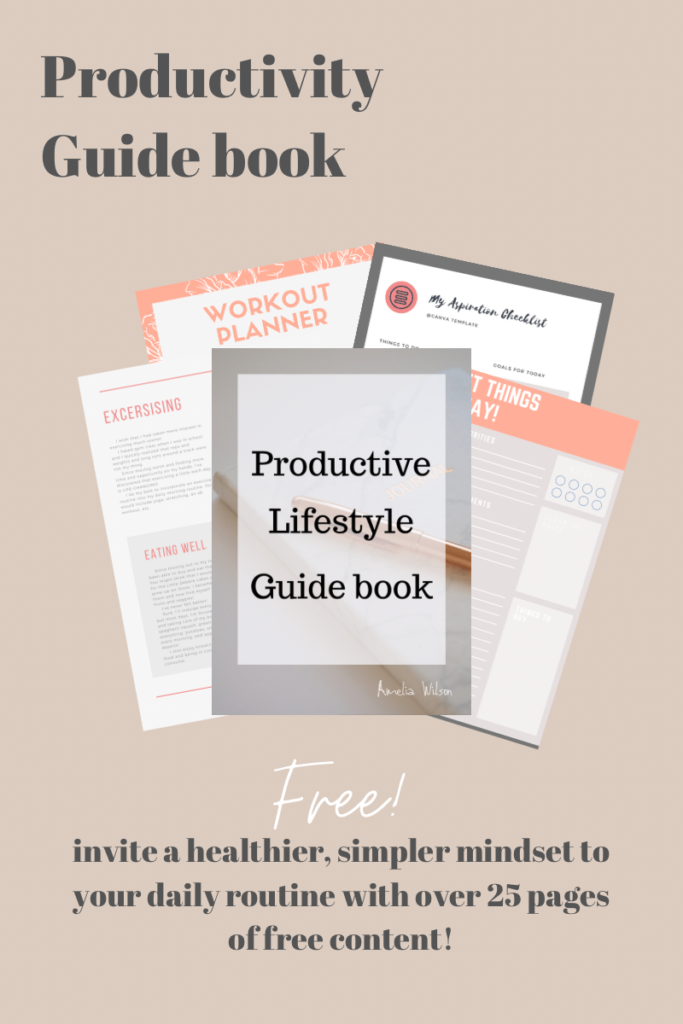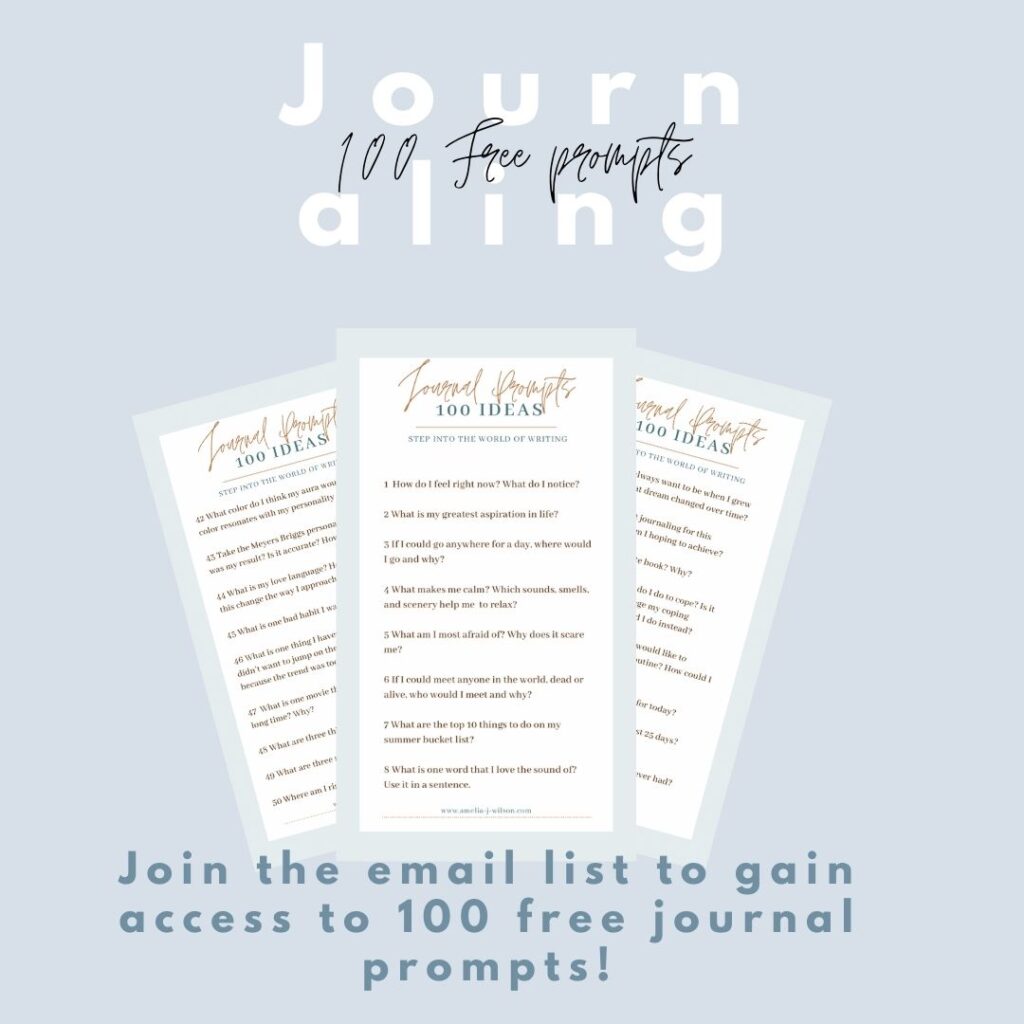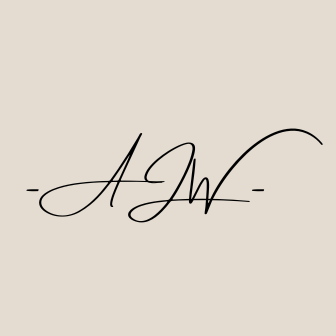Disclaimer: All of the views and opinions in this post are solely my own and are not sponsored. This post may include affiliate links, meaning I earn a commission through links at no cost to you.
I have been journaling for years. Hear that? YEARS! It’s a hobby of mine that I picked up some time in middle school. It allows me to clear my mind, put down the day’s thoughts, meditate, plan, and reflect. Journaling has become a sort of escape for me and I tend to do it at least twice daily.
In the mornings, I wake up and make a cup of coffee before gathering up a book and my journal. I like to read in the morning and then journal about my thoughts or whatever I’ve learned. This can last anywhere from 15 minutes to an hour, but it’s a really powerful part of my morning. I change up what I read often. Most of the time I’m reading three books at once! Whatever I read, I write about and I find it helps to retain information and to reflect on what I’ve learned.
In the evenings, I write a journal entry before reading before bed. I like to write down the day’s thoughts and experiences. I tend to write a stream of a conscious monologue of whatever is taking most of my attention. This is really therapeutic and relaxing for me and I really enjoy writing for myself.
Journaling can be hard to get into, especially for people who aren’t exactly fond of writing. However, because of the title for this particular post, I’m going to assume that you have at least a mild interest in getting into journaling.
(Disclaimer: All of the views and opinions in this post are solely my own and are not sponsored. This post includes affiliate links, meaning I earn a commission through links at no cost to you.)
So what should you know about journaling before you begin?
Well, I want to lay out the basics in this post. I will talk about:
- What the benefits are to journaling every day
- Topics you can journal about if you’re struggling
- How to maintain a journaling routine
- How to make the journaling experience more personal and relaxing
- And what products I love to use when journaling/journals that really set the mood and why this matters
Before I start, I wanted to make available to you the knowledge that there are a number of places to purchase journaling materials to help you become invested in your journaling routine. Minted is one such place for quality journaling products and is worth looking into!
So, what are the benefits to journaling?
It helps you clear your mind
Journaling is a great way to jot down all of your thoughts and free up what I like to call “brain space.” During the day (especially right when we wake up and right before we go to sleep) our brain is processing thousands of thoughts. The important ones roll over in our minds continuously until we either act upon them or strategically forget them. Journaling can help ease your conscience as you can clear out some of that “clutter” to allow yourself to live more presently.
It allows you to reflect on your life
This is the number one reason why I journal. No lie, the majority of my journal is written in diary fashion. I love reflecting on the day’s events at night and recalling what made me happy, sad, angry, scared, or excited. It’s super therapeutic and enjoyable to look back on. It also makes spotting trends in my life a heck of a lot easier.
It makes you a better writer!
If for no other reason than this, please journal because it improves your writing ability. I hope I don’t have to go too into depth on this one. It feels like every writer, author, journal post, and blogger preach the sentiment that “if you want to become a better writer, then you have to write!”
It feels productive!
This is a BIG motivator for me! I love cranking out journal entries throughout the day because it feels super productive. I enjoy writing story starts, blog post entries/ideas, and writing down business goals. Each time I do so, I feel as if I’ve accomplished something. That, in turn, motivates me to do more. I have found that the more I journal, the more productive I feel and the more motivated I am to engage in my projects.
I’ve found that journaling is really meditative for me.
I enjoy writing in my journal because writing, for me, is a grandiose coping mechanism. It calms me down and allows me to process negative thoughts. Journaling is therapeutic in nature and can be a great activity right before or after meditation.
Alright, so we discussed the benefits and I’m sure you’re convinced that this is a hobby you want to be a part of.

So what kinds of things should you write?
Here’s a list to help you get started:
- Write about the day’s events
- Write a description of a friend or loved one (this is one of my favorite activities and is super great for character building!)
- Write a memory
- Write a series of memories surrounding an object or a place (ex. Every time you’ve been to the fairgrounds, grocery store setting, times you’ve eaten ice cream etc.)
- Write out meditations
- Write out affirmations
- Write a funny story
- Write a sad story
- Try out some poetry
- Write fiction
- Write nonfiction
- Write a book review
- Write a book analysis
- Write a scene taking your attention
- Write about something you want to accomplish
- Write a list of words you love
- Copy down some of your favorite quotes or song lyrics
- Write a song
- Write a story about a secret
Honestly, the list is endless. I’ve found that it’s best to write about what’s taking your attention at the moment.
Now that you have your topics, you’ll be good for a few days maybe even a week! But how do you keep at it?

How do you establish a routine?
The important thing is to try to get into the habit of writing at least once or twice a day. Set an alarm if you can to help you keep at it. As you go on, you’ll discover more and more topics that take your attention, and finding something to write about will come easier than you think. The hardest part really is just establishing the routine. Typically after a month of doing something, the routine sets in and it becomes easier to maintain.
A great way to implement journaling in your routine is to jot down journaling times and plans in a planner. Erin Condren’s site offers a number of planner options, many of which are amazing for journaling routines! Erin Condren also offers a variety of notebooks and journals too which are perfect for when you pick up this amazing habit/hobby!
How can you make the journaling process more inviting?
I’ve found that it helps to create a space where you want to write. Find a place where you can sit comfortably and which has decent lighting. Near a window is great! Though, it’s okay if this isn’t possible for you. Make sure the space is quiet so you won’t be interrupted. Blankets and pillows add comfort but I do NOT suggest you journal in bed (that can be distracting. Also, your brain associates actions with places). I like to light candles and play soft music in the background during my nightly journaling, But this might be a little too stimulating and distracting for some people.
Why does having the right journal matter?
Oh boy. This one is widely discussed in writing groups. Having the “right” journal makes the ENTIRE difference. For example, when I first started college, my journal was an ordinary composition book. It was not the easiest to write in as the pages could hardly ever lay flat, it was a bit awkward to hold and there weren’t many pages. Now, it wasn’t the worst, but I noticed a BIG difference in my writing when I got a journal that was enjoyable to write in.
I like my journals to be bound not wired (as the wire part often gets in the way). I prefer faux leather-bound ones as they are more pliable. I like lined paper (even if I don’t always stay on the line) and I like thick pages (because I ALWAYS use a pen when I write–speaking of which, the pen matters too!). I also prefer larger bound books to smaller ones, though if it feels right and satisfies all of my other needs, I’ve found that I can settle with a smaller journal.
Minted offers amazing journals in their paperie section! I’m in love with a number of their notebooks and prints. They’re a great brand for bullet journaling, ordinary journaling, and scrapbooking.
Erin Condren (as I mentioned above) is also another great place for quality notebooks and journals!
And there you have it! These are the basics of journaling! I hope this blog post was helpful in one way or another. If you’re still not convinced that journaling is for you, do some more research! I highly encourage you to keep looking around for ideas because this practice is so amazing. If I can’t convince you, I hope someone else can!
If you like this post, check out some similar posts of mine below!
Feel free to leave a comment below and let me know what you do with your journal!
You can also email me with questions or concerns you may have at info.amelia.wilson@gmail.com
My new book, Witch in the Water, is available on Amazon!
Also, check out my poetry book, The Lights are on but Nobody’s Home, available now on amazon for $6.99 in paperback form!
Disclaimer: All of the views and opinions in this post are solely my own and are not sponsored. This post includes affiliate links, meaning I earn a commission through links at no cost to you.
Thanks again


